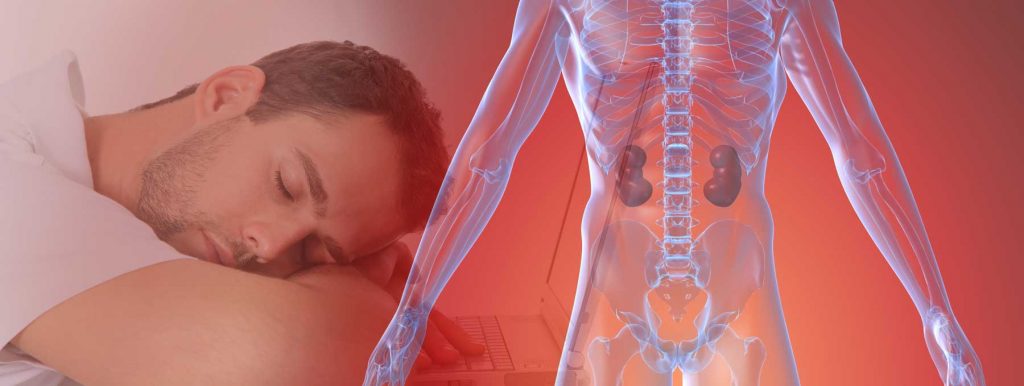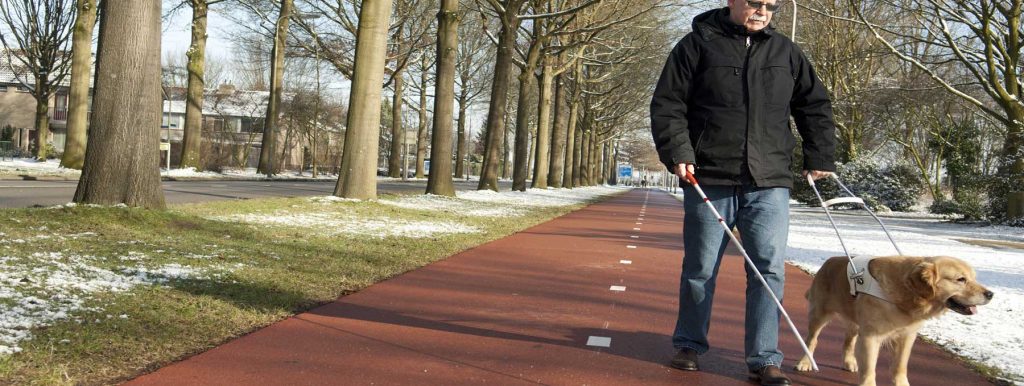¿Sobrecansado y poco descansado? Nuevas investigaciones sobre el sueño y el sistema inmunitario sugieren que puede correr un mayor riesgo de enfermar. Los investigadores en cronobiología saben desde hace tiempo que el sueño puede afectar a la memoria de la información, los hechos y los acontecimientos pasados. Sin embargo, un nuevo estudio sugiere que el […]
Sleep Deprivation and Kidney Function May Be Related
According to new research, kidney function and sleep cycles are closely linked. Not sleeping enough is connected to a rapid decrease in kidney function. Lack of sleep has been tied to many different health issues in the past. This is becoming more and more noticeable, since the average amount of sleep has declined in the past […]
La falta de sueño y la función renal podrían estar relacionadas
Según una nueva investigación, la función renal y los ciclos de sueño están estrechamente relacionados. No dormir lo suficiente está relacionado con una rápida disminución de la función renal. La falta de sueño se ha relacionado con muchos problemas de salud en el pasado. Esto es cada vez más evidente, ya que la cantidad media […]
The Visually Impaired Are More Prone to Seasonal Affective Disorder (SAD)
Research now shows that individuals who are visually impaired are almost three times more prone to seasonal affective disorder, or SAD, than those with normal vision. Seasonal affective disorder is a depression brought on by seasonal change. The symptoms usually start in the fall and last throughout the winter. Symptoms include depression, moodiness, lethargy and […]
Los discapacitados visuales son más propensos al trastorno afectivo estacional (TAE)
Las investigaciones muestran ahora que las personas con discapacidad visual son casi tres veces más propensas al trastorno afectivo estacional, o TAE, que las que tienen una visión normal. El trastornoafectivo estacional es una depresión provocada por el cambio estacional. Los síntomas suelen empezar en otoño y durar todo el invierno. Los síntomas incluyen depresión, […]
- « Previous Page
- 1
- …
- 171
- 172
- 173
- 174
- 175
- …
- 209
- Next Page »







